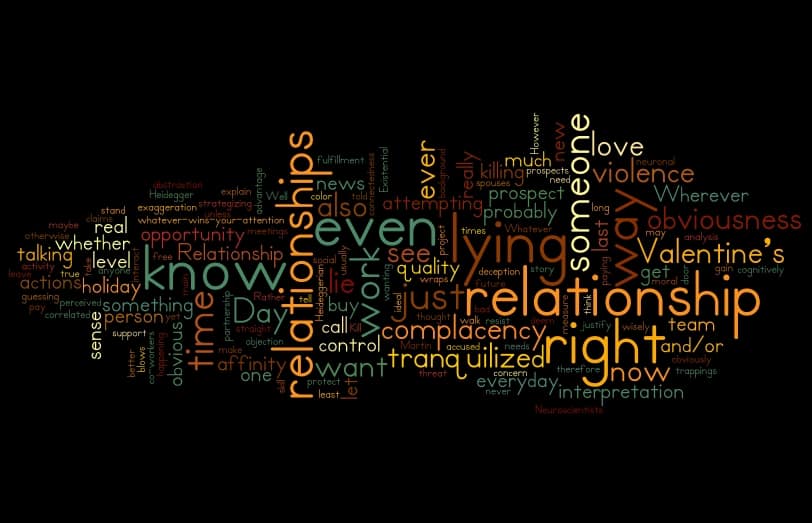The World of Expectations, Part 2
(This is the second part of a three-part series; if you haven’t already, I recommend that you read the first part to set the context for yourself)
Welcome back. In this part of our exploration of the world of expectations, we will take a look at how our overall performance and experience are shaped and constrained by what we expect, and then look to see what will allow us to restore and elevate our effectiveness and results. And again, this is not The Truth or something to be believed, but something to consider. For when we see something from a new perspective, we give ourselves new opportunities for action, new ways to be and a whole new experience.
In last month’s newsletter we looked at ourselves and started to get an idea of the degree to which how we see the world, and in fact how we are (think, feel, act) in the world, is colored and influenced by our expectations. Let’s revisit this once more from the view of neurobiology. Consider this: If visual sensations were primarily received rather than constructed by the brain, you’d expect that most of the fibers going to the brain’s primary visual cortex would come from the retina. Instead, scientists have found that only twenty per cent do; eighty per cent come downward from regions of the brain governing functions like memory.
In fact, Richard Gregory, a prominent British neuropsychologist, estimates that visual perception is more than ninety per cent memory and less than ten per cent sensory nerve signals.
Are you starting to get this?
We don’t “see” with our eyes. We “see” with our brain. What we “see” is almost totally constructed from what we have seen and what we expect to see. We think and act as if we’re “perceiving” something “out there”, and reacting accordingly, right? It’s just not the case. Our expectations don’t just influence our “response to what’s happening”, they create the “happening” that we’re “responding to”. The same goes for the other senses, and, by extension, listening (as distinct from just hearing). The way that a situation (and “the world”) occurs for us, and therefore the way we act “in response” to that occurring situation, is wholly a function of the future we expect, which is limited to some variation of what we’ve “experienced” in the past.
What does this actually look like? Well, in sales it could look like this:
